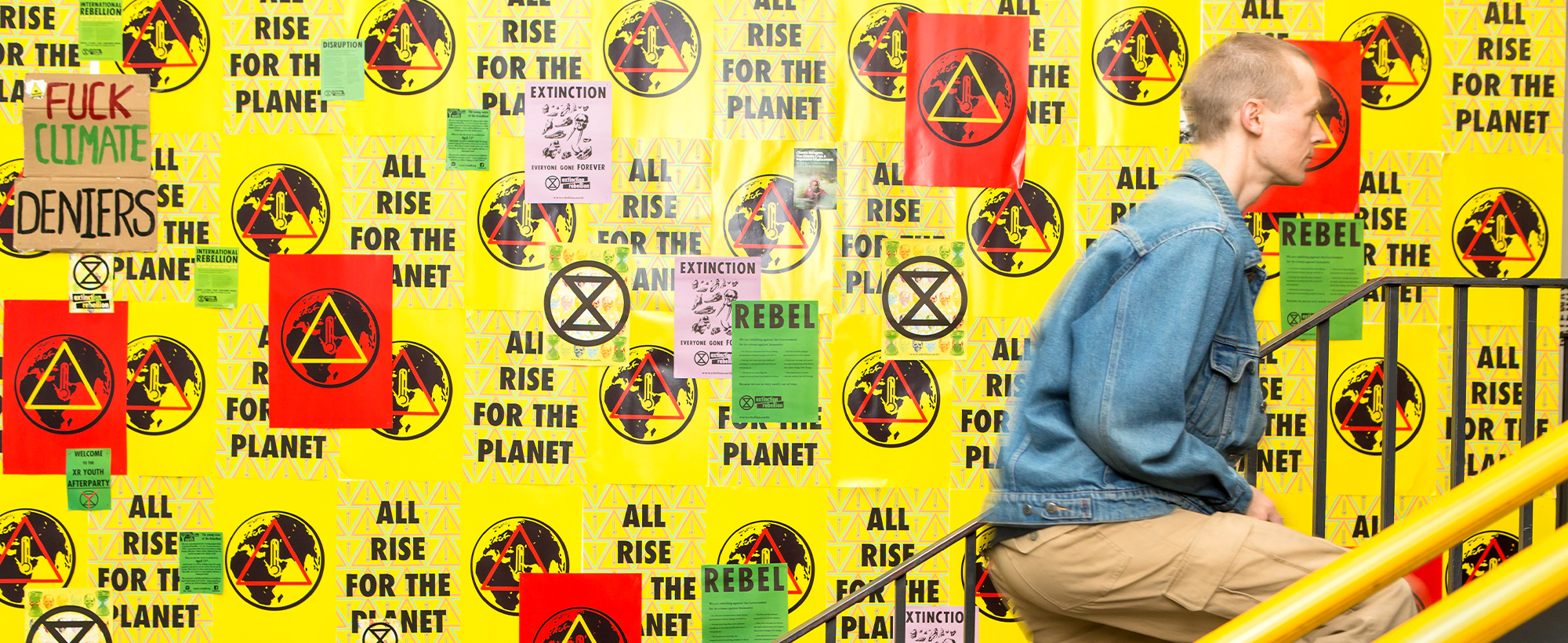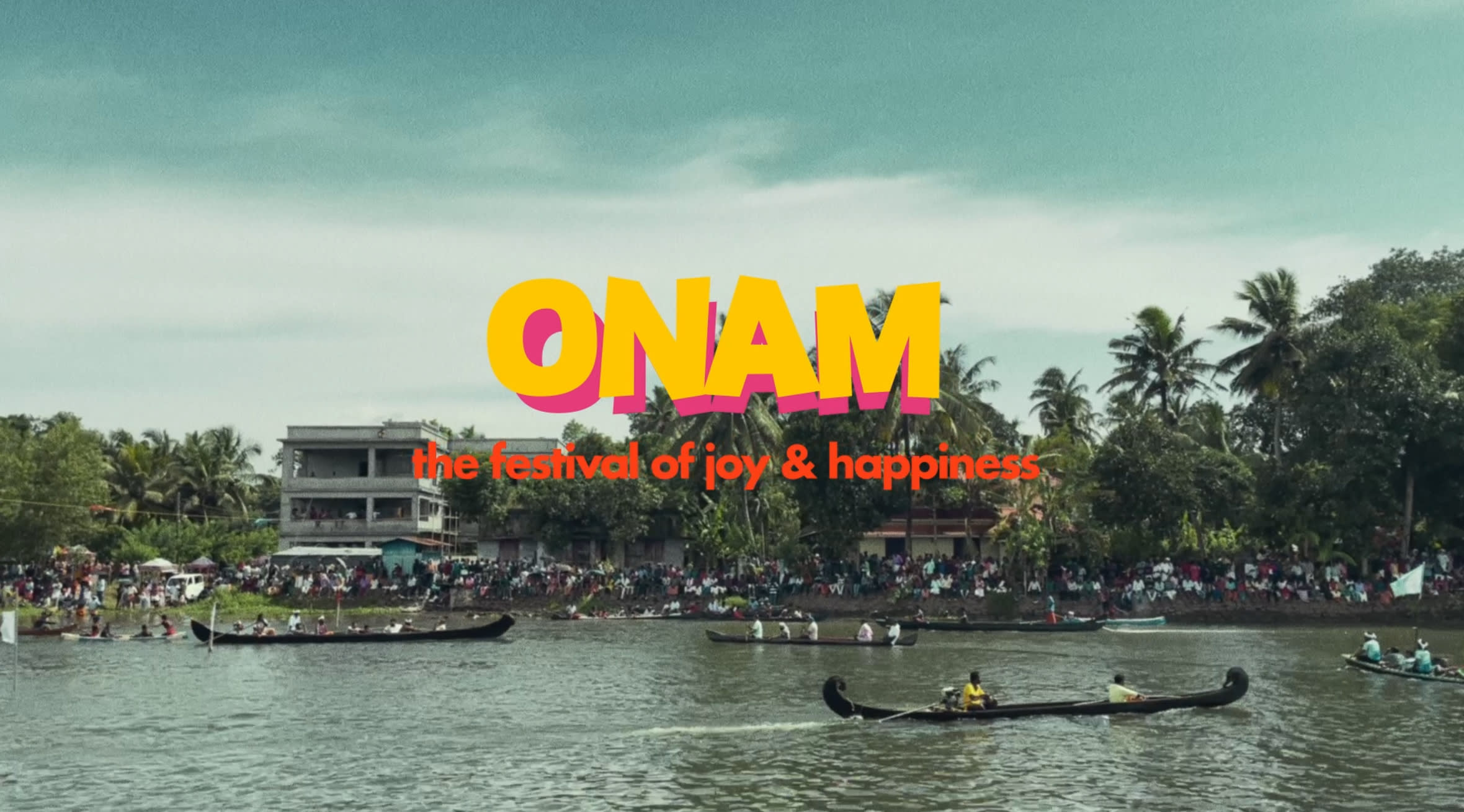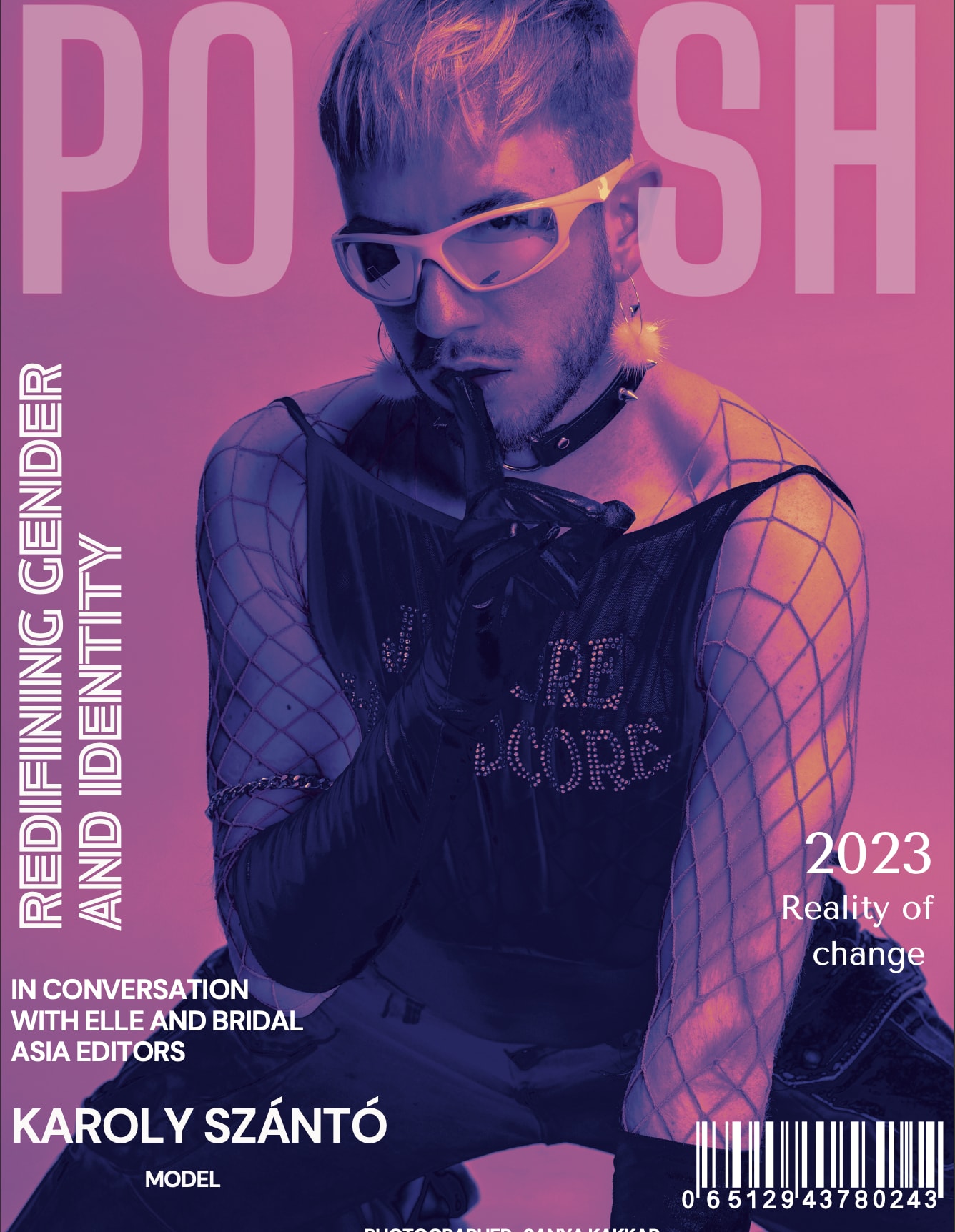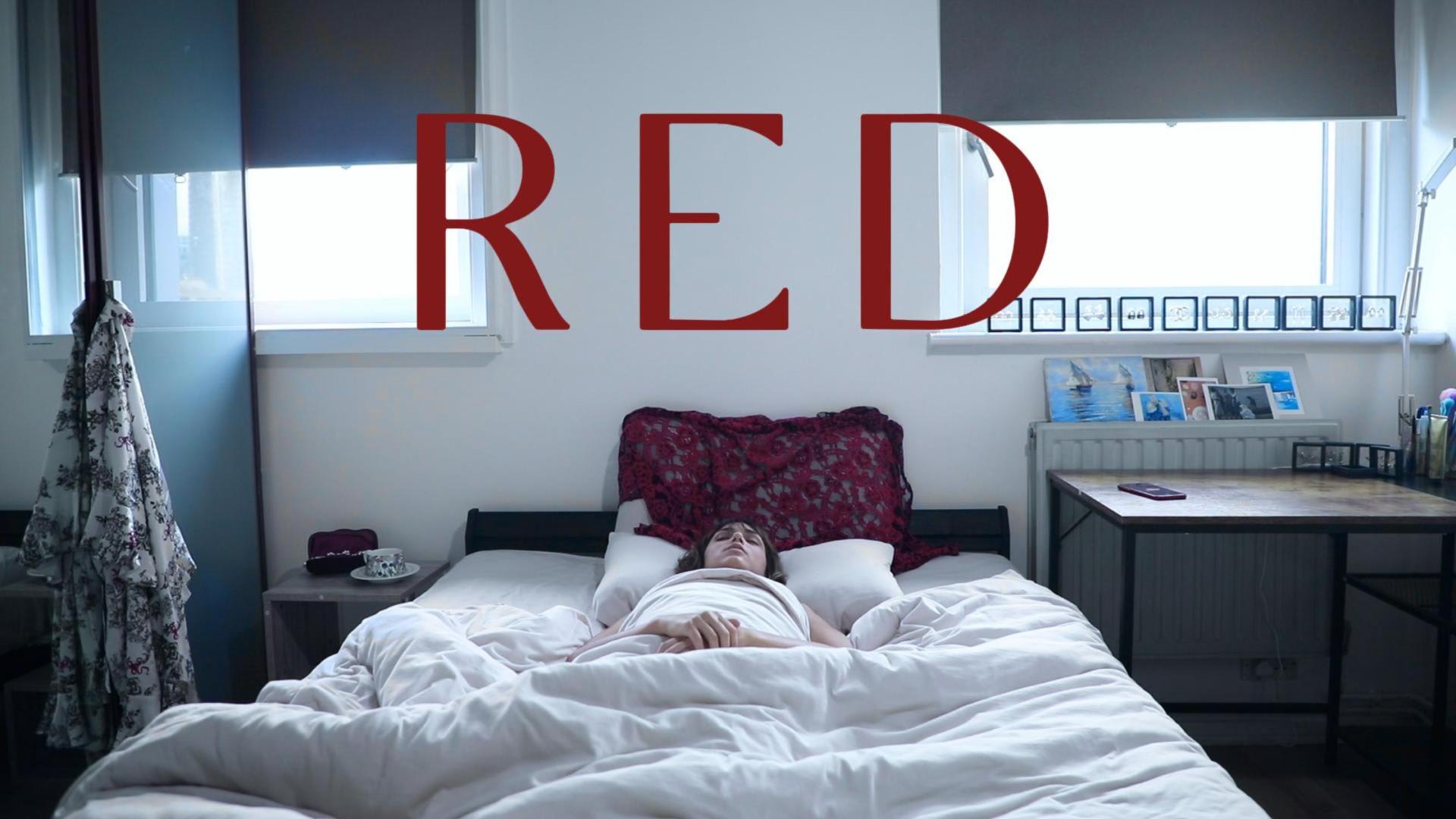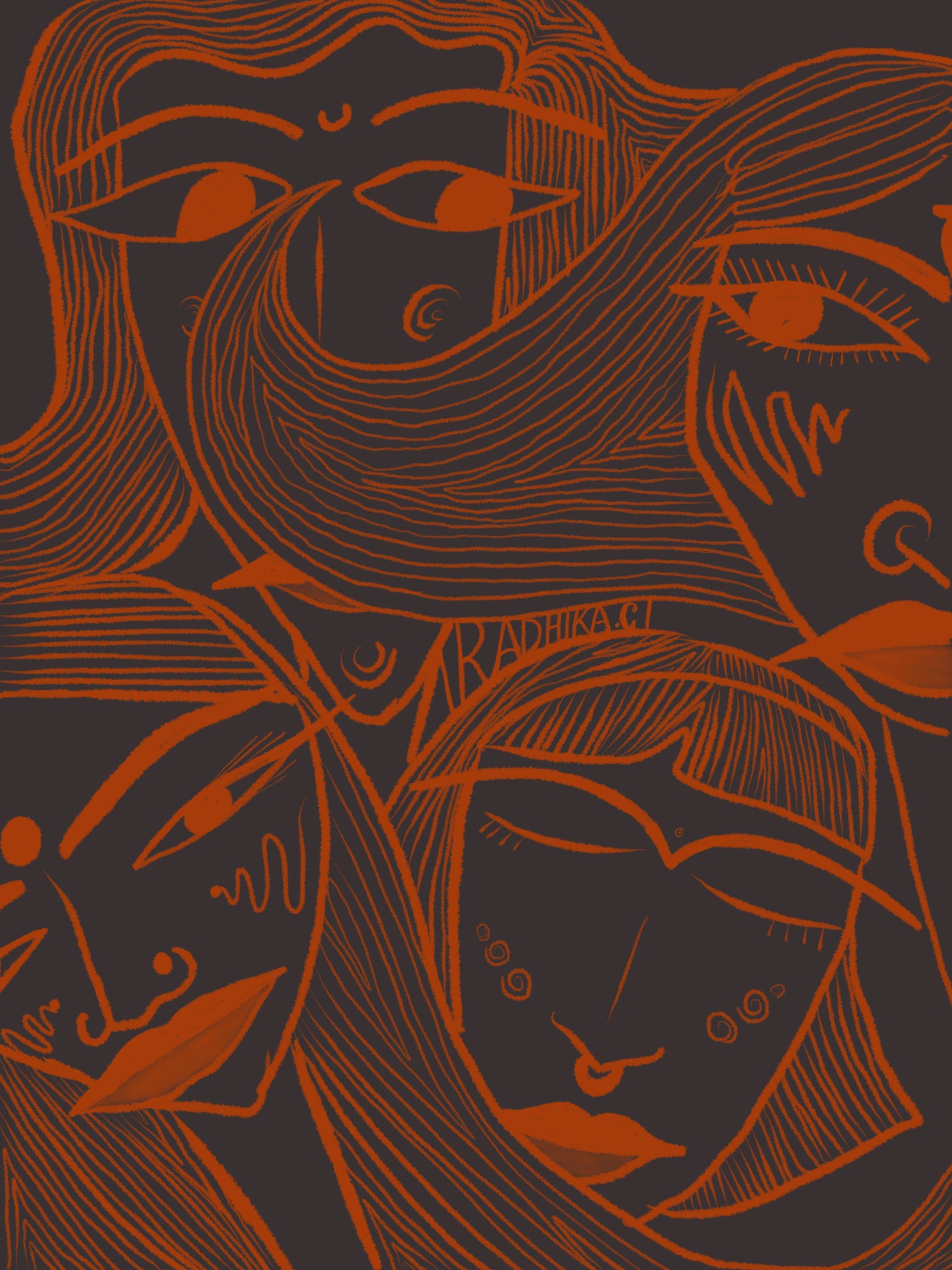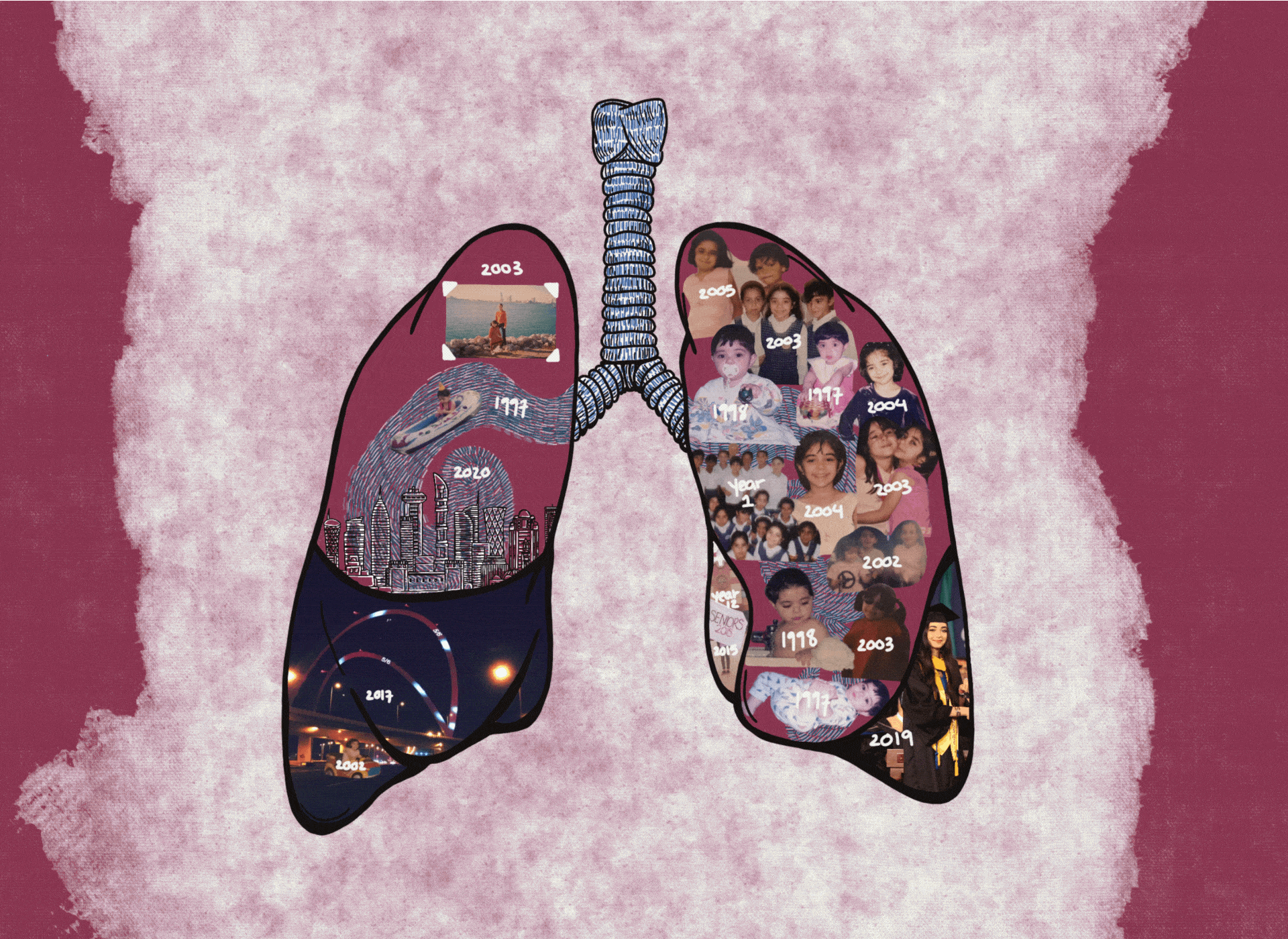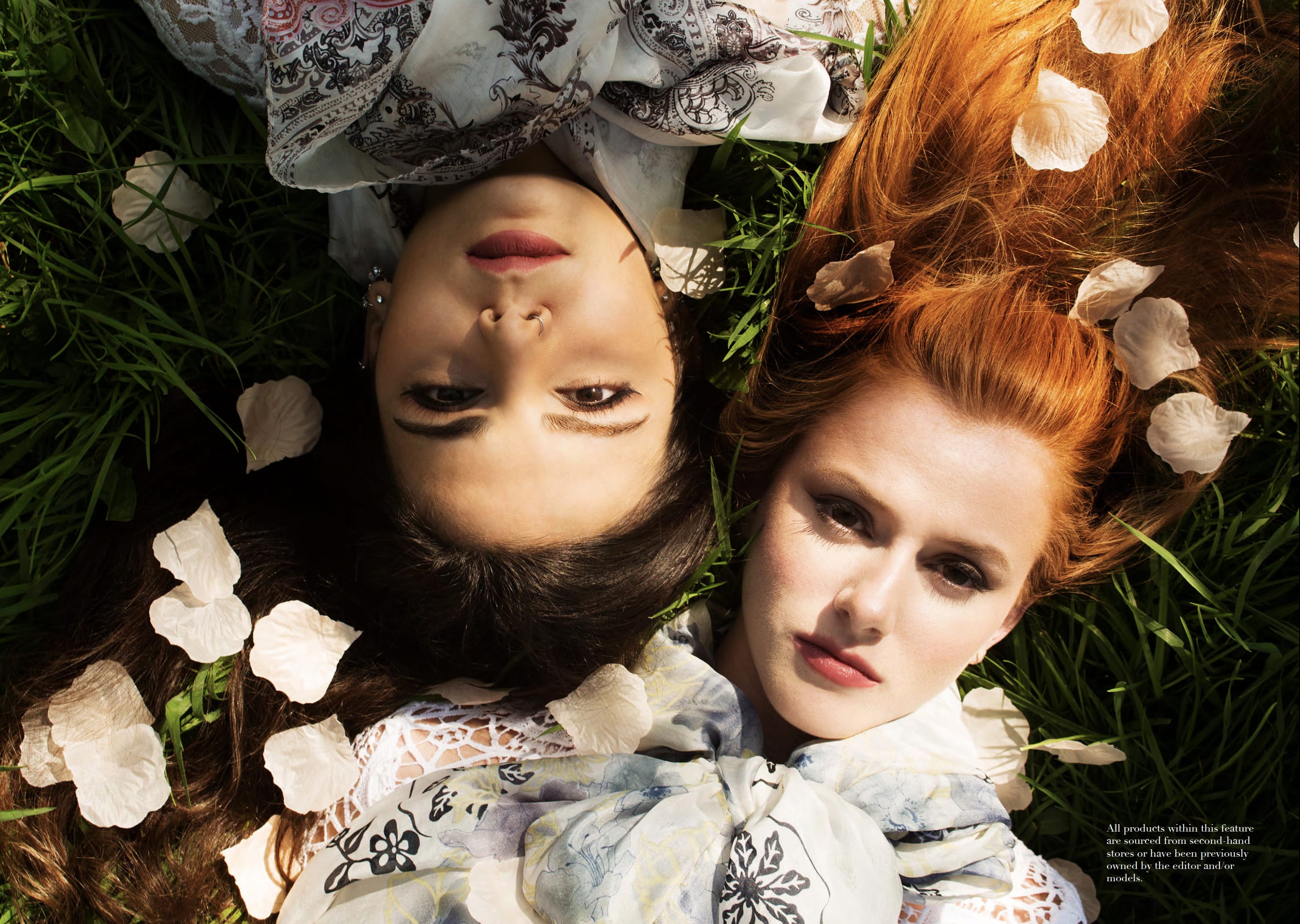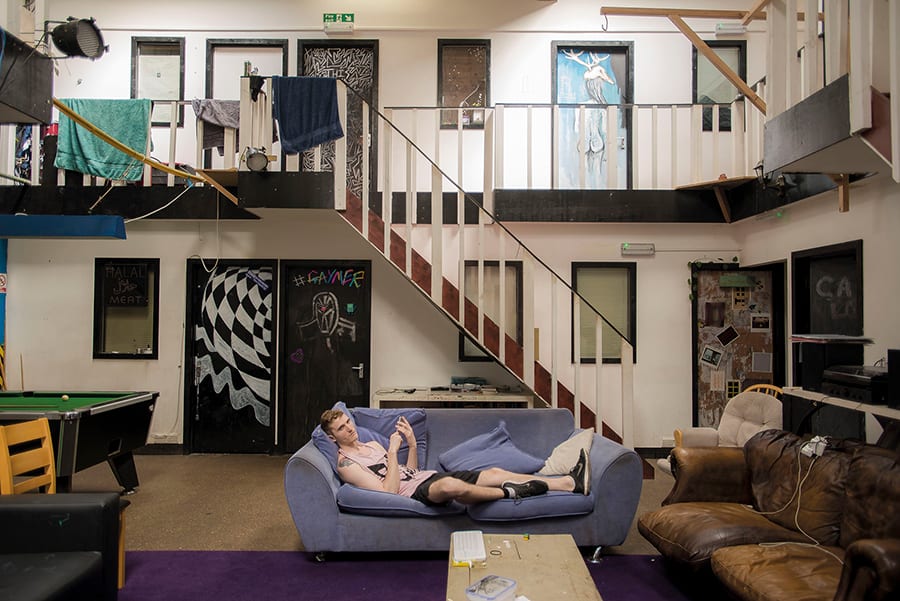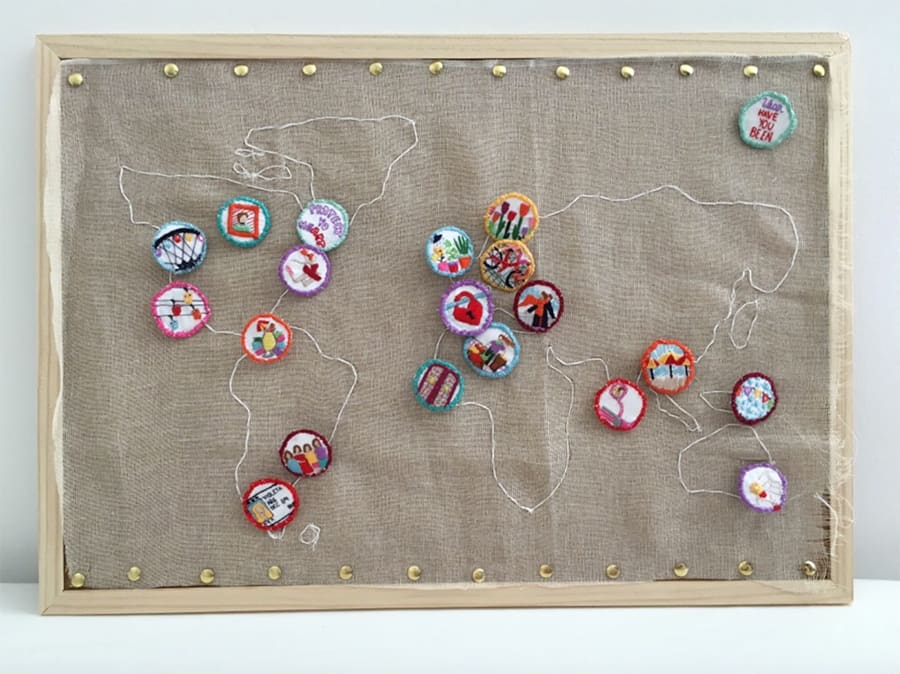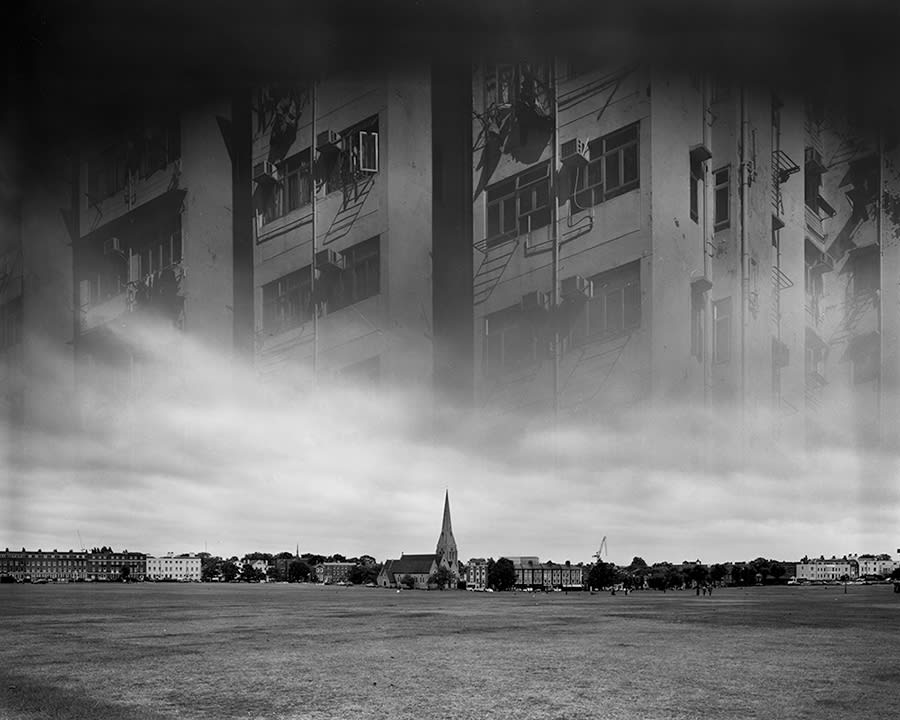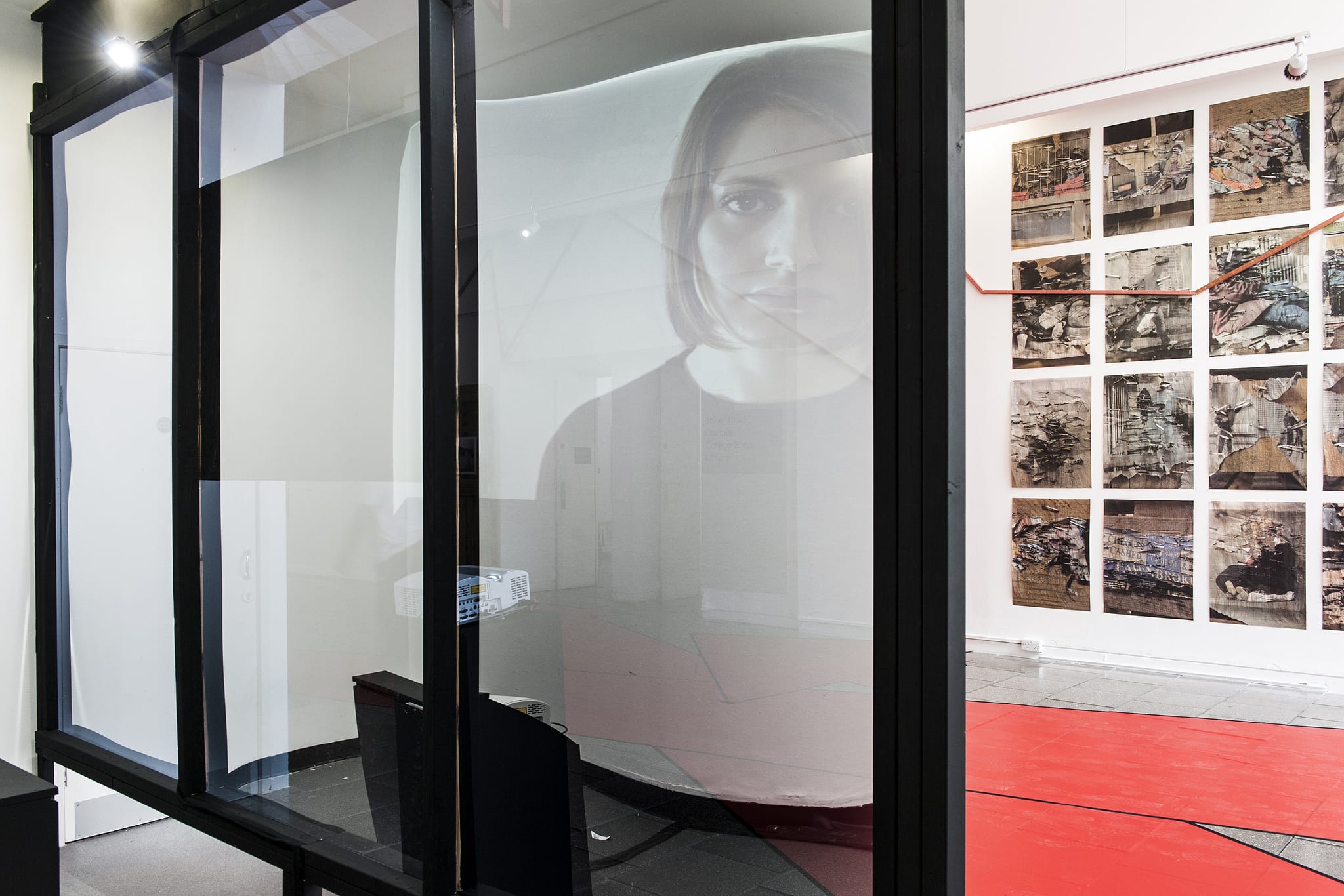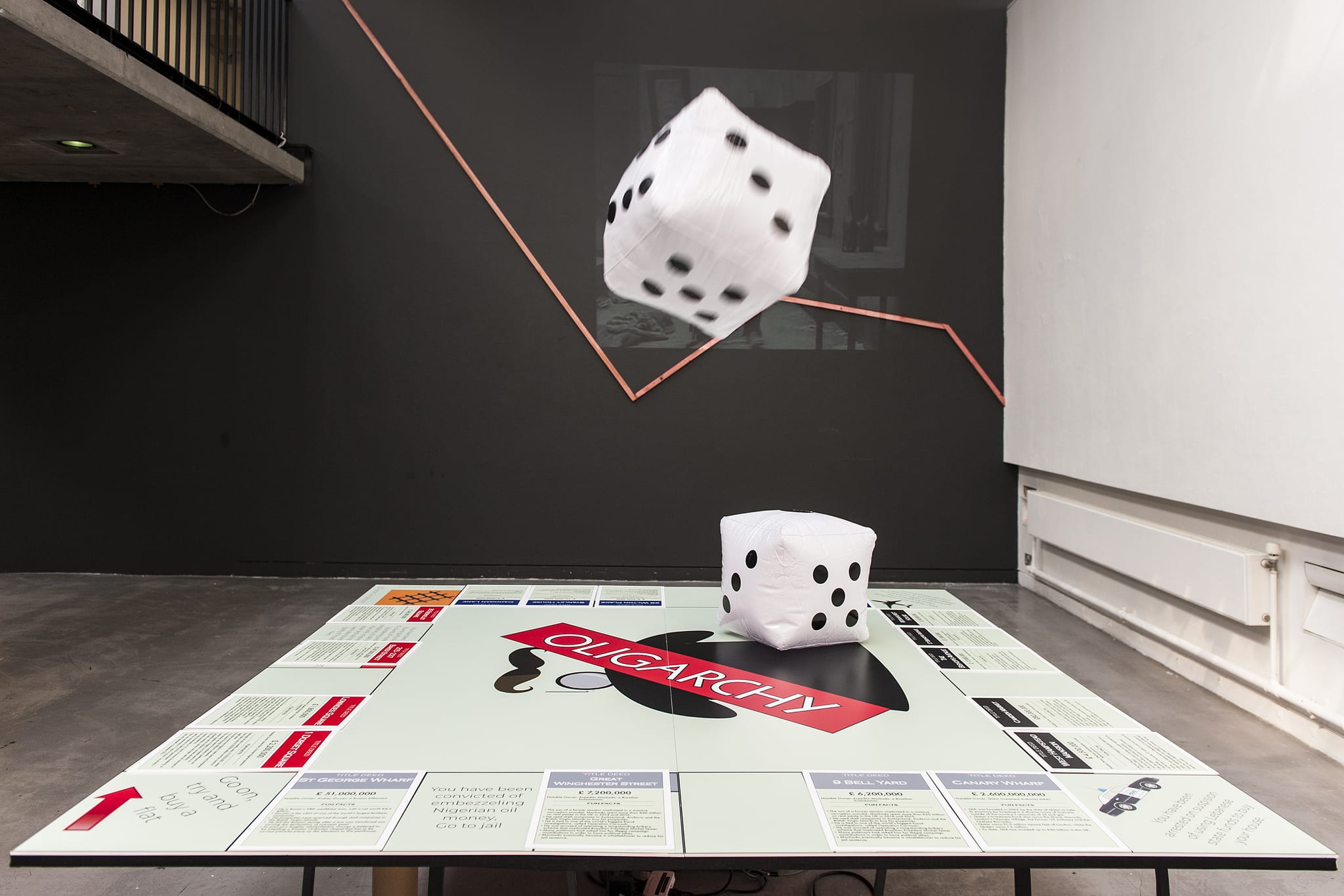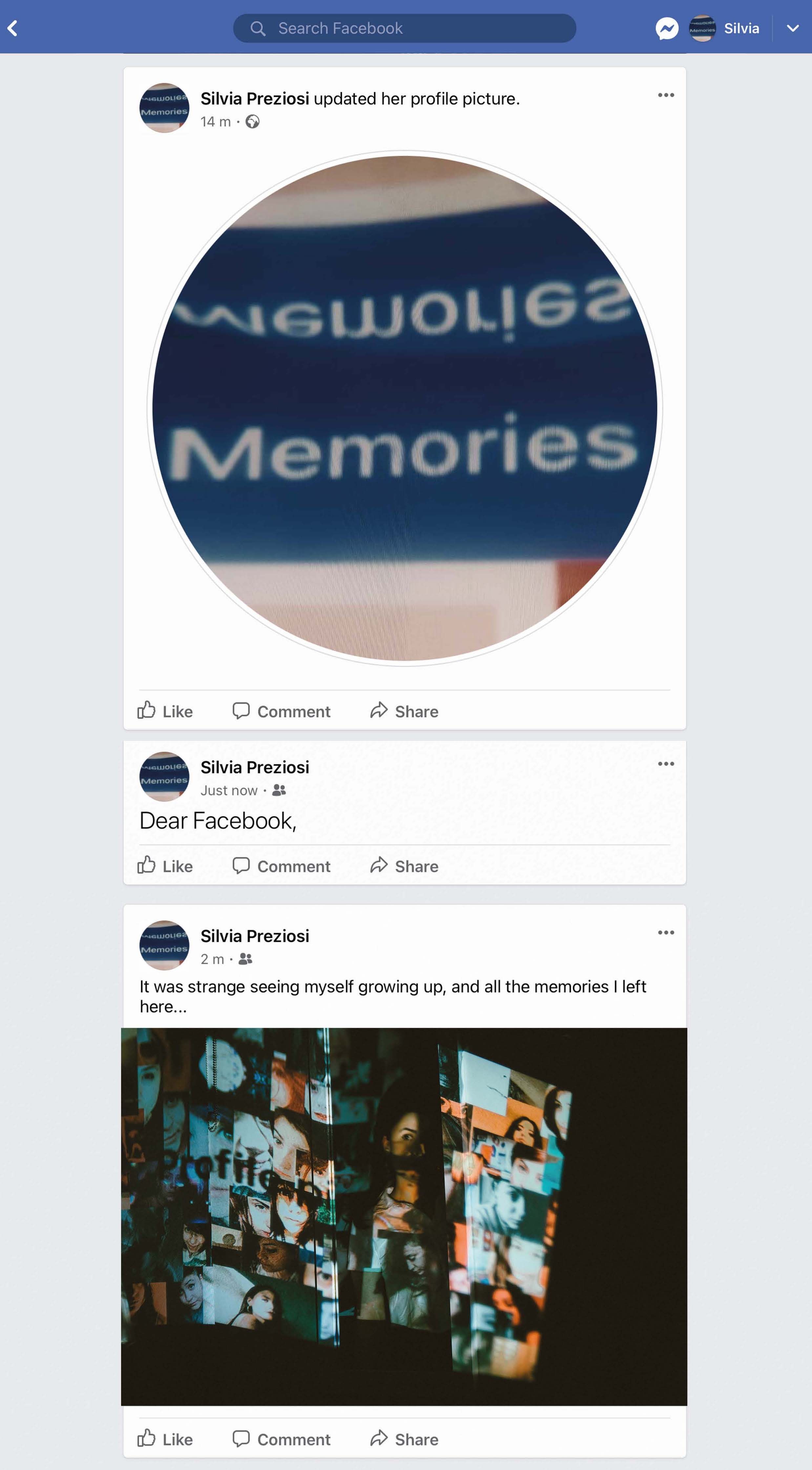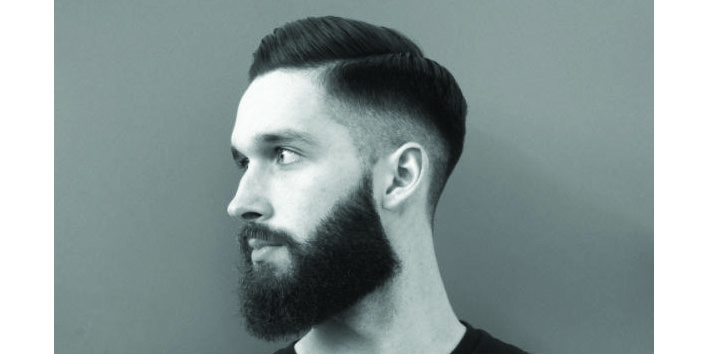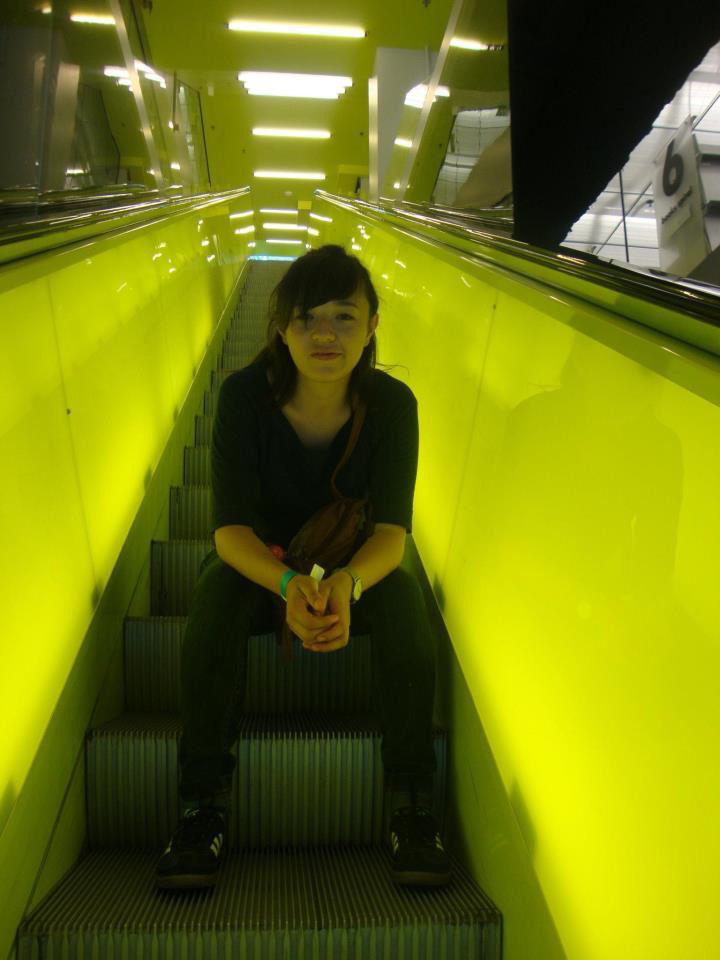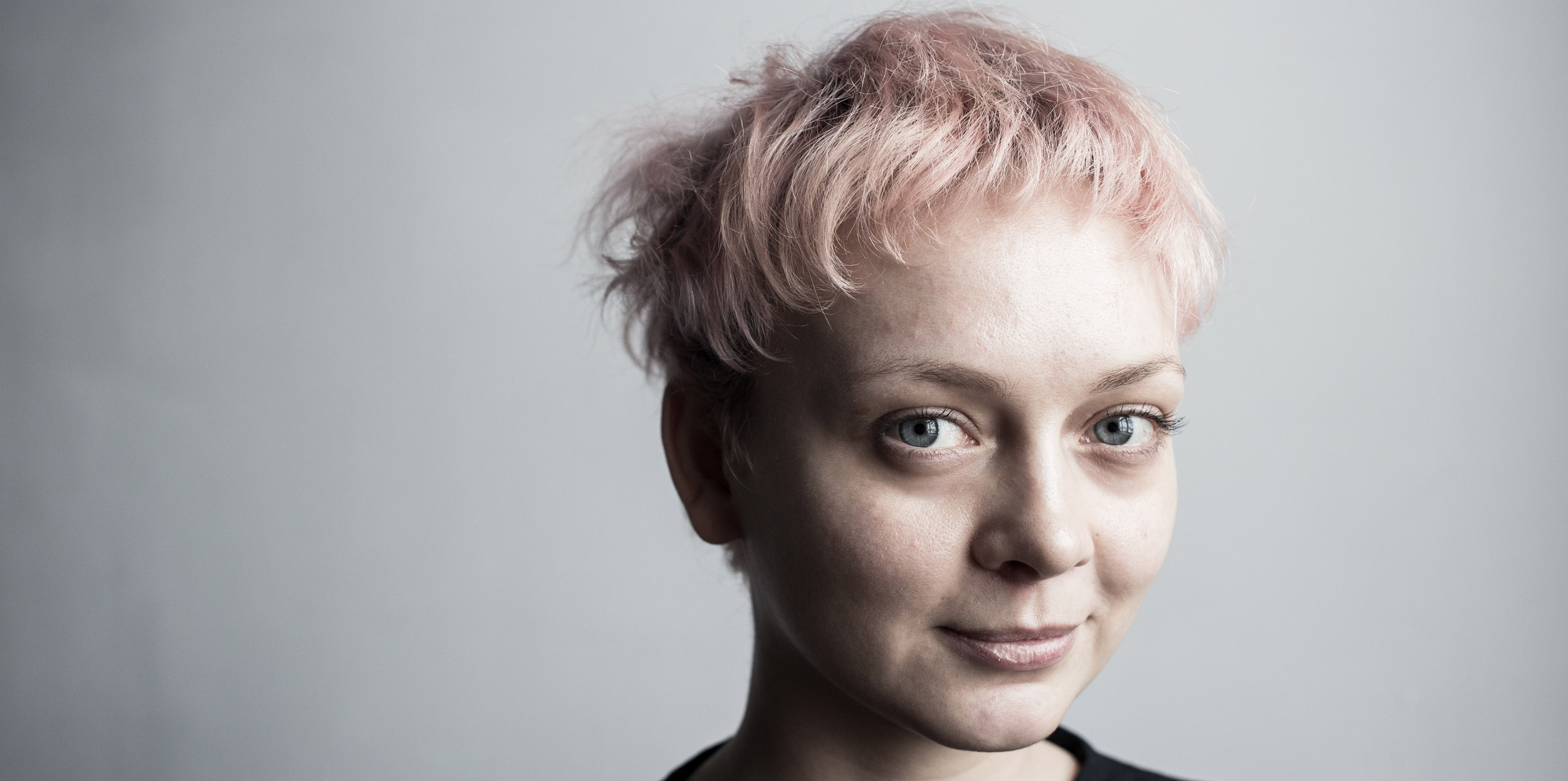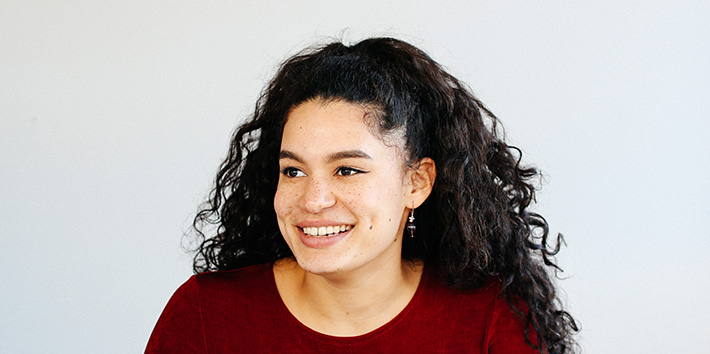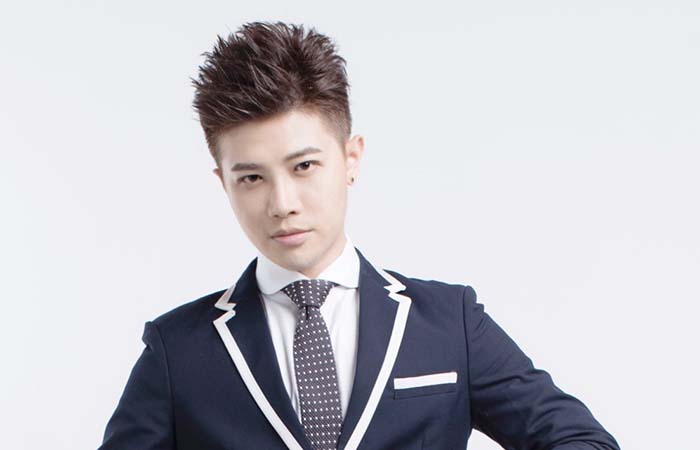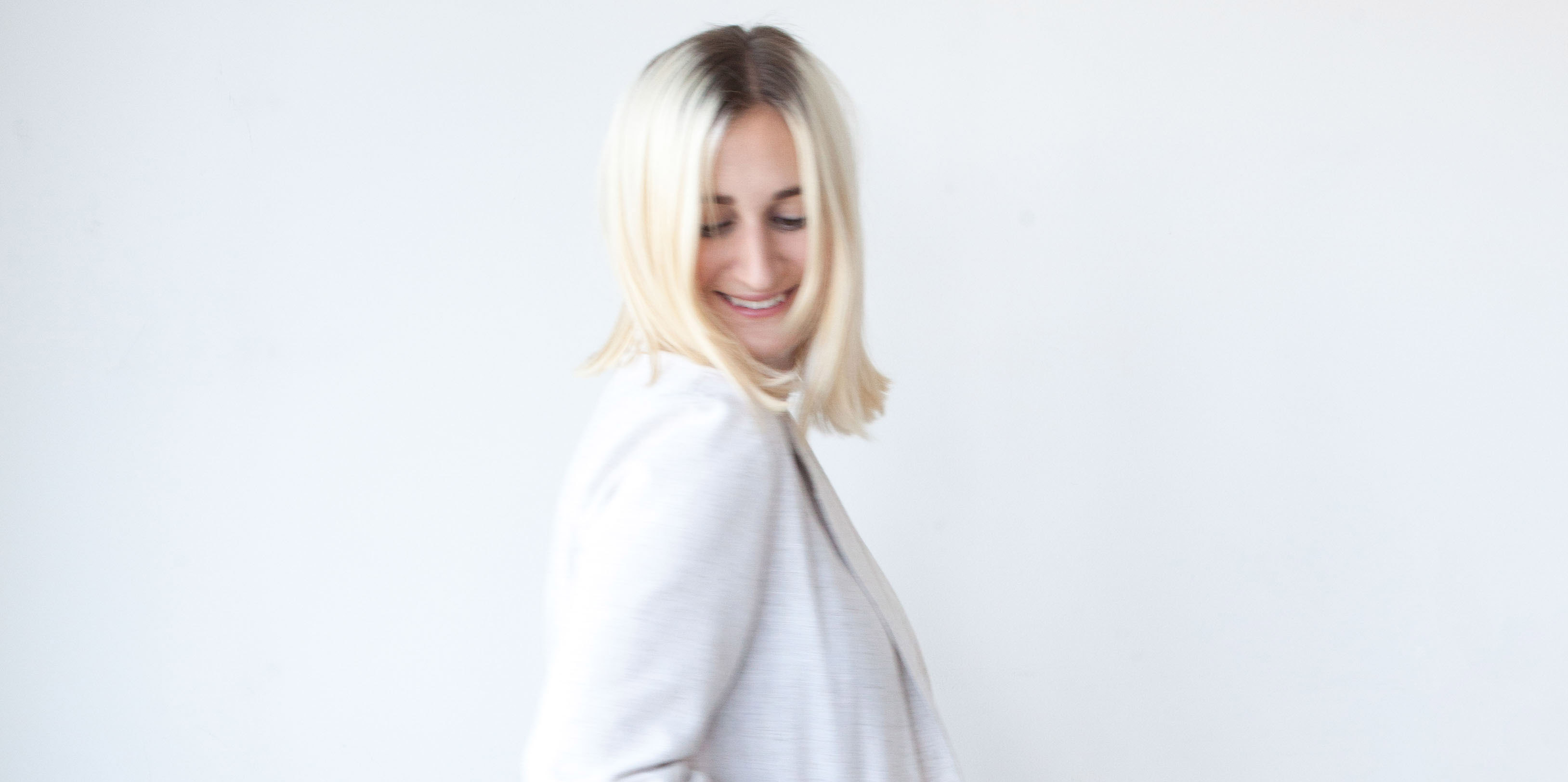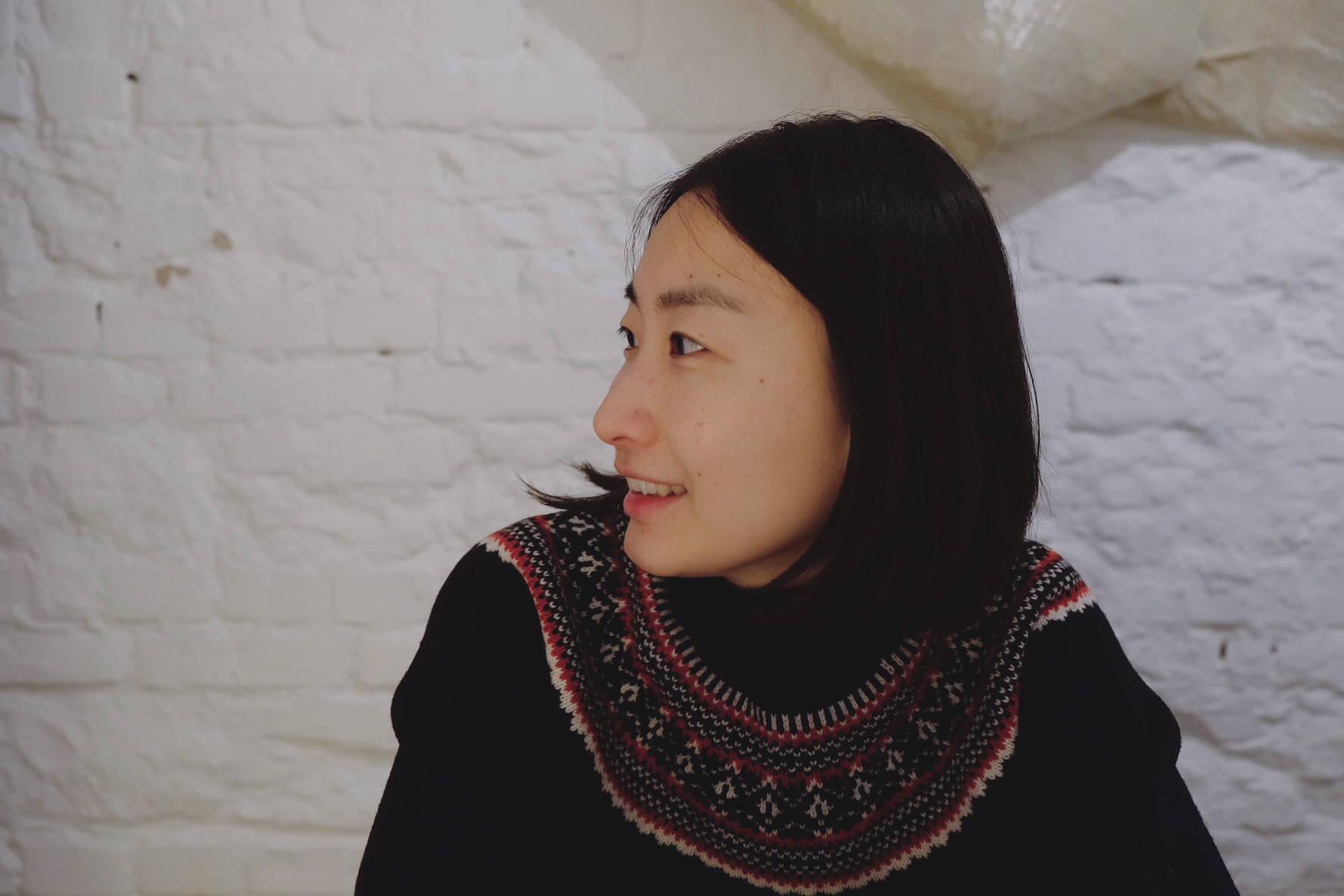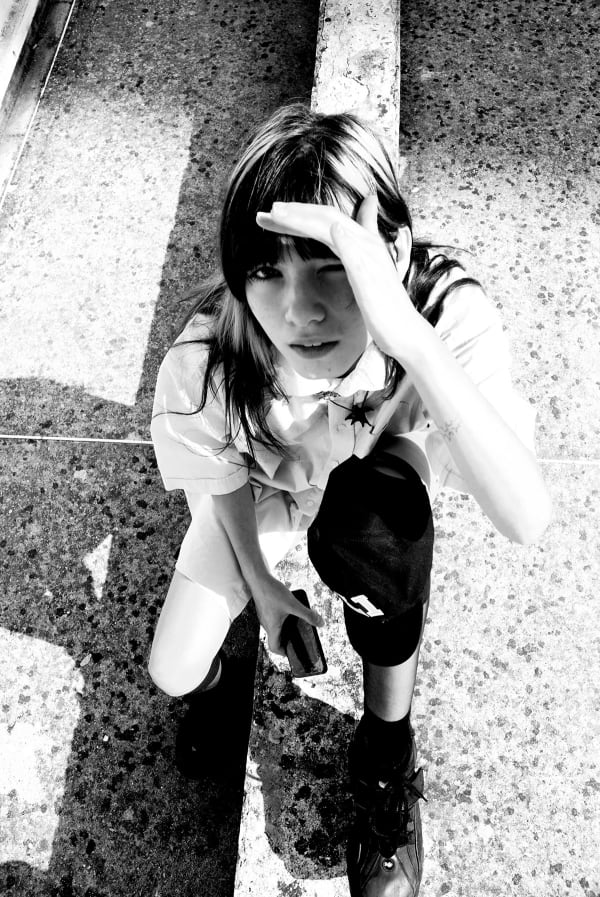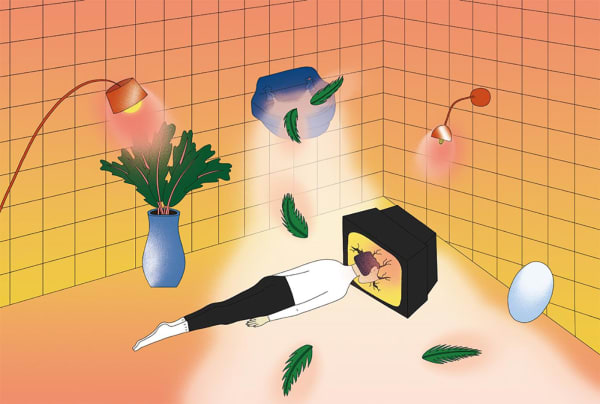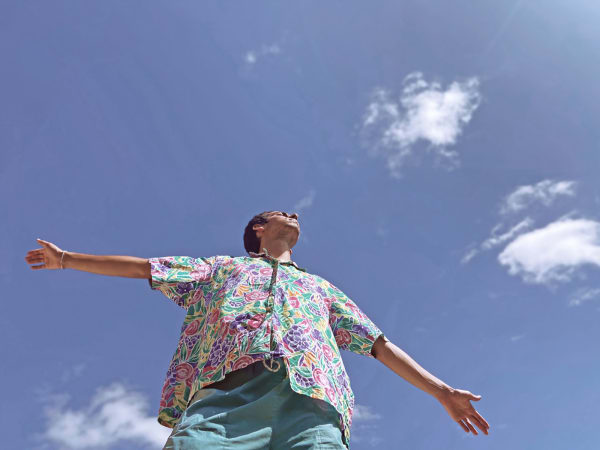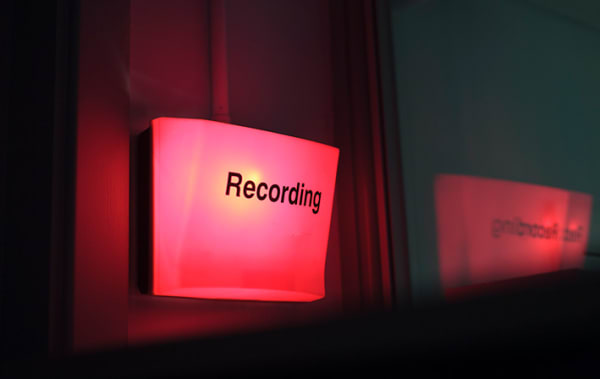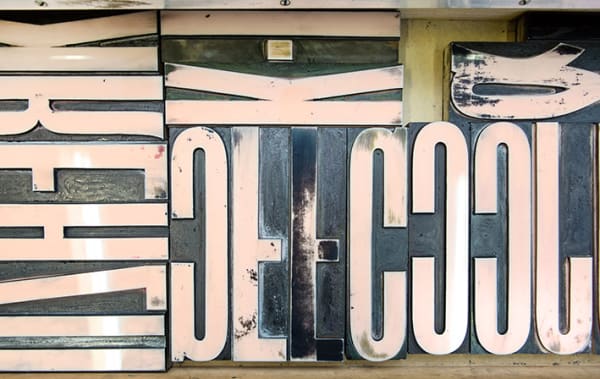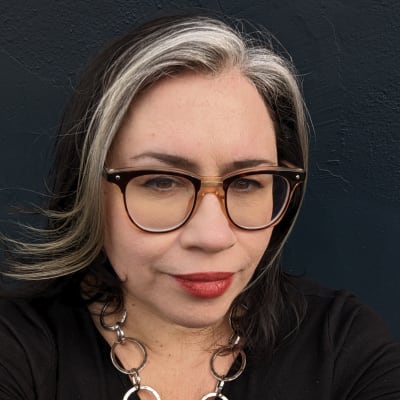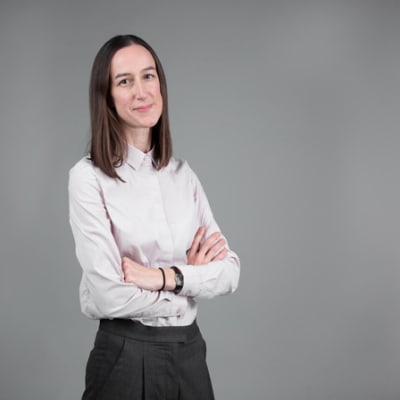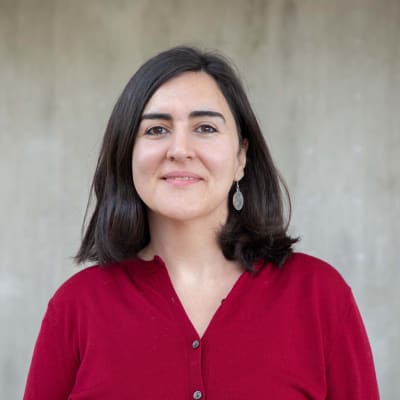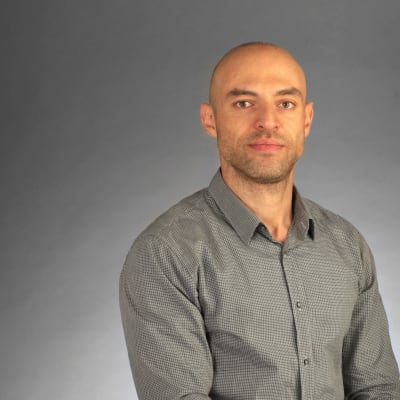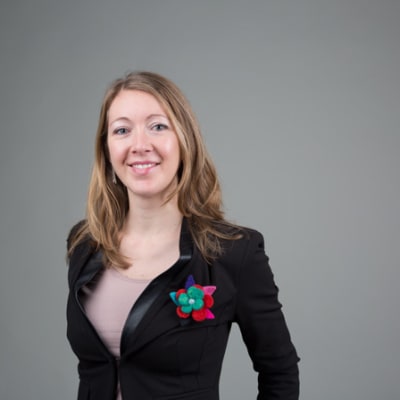Course units
We are committed to ensuring that your skills are set within an ethical framework and are embedding UAL’s Principles for Climate, Social and Racial Justice into this course.
Each course is divided into units, which are credit-rated. The minimum unit size is 20 credits. The MA course structure involves six units, totalling 180 credits.
Autumn, Term 1
Analysing Contemporary Media (20 credits)
Media, Culture and Economy (20 credits)
An induction programme will familiarise you with the course structure and introduce you to effective strategies for studying at postgraduate level.
You will meet the teaching team and fellow students, along with representatives from student and academic bodies. You will become familiar with the College's facilities through introduction to the library and technical resources.
You will then begin two introductory units of study, which together provide a framework for subsequent activities and help you to initiate the independent learning crucial to Masters level study.
Analysing Contemporary Media introduces you to key theories of media and communication, which will help you to think about what ‘media’ are and why they are integral to contemporary societies. You’ll demonstrate your learning in a review essay and through the development of a podcast. Media, Culture and Economy introduces economic models in the creative industries and explores the ways in which these models shape the production of media content. You’ll create a blog and a short ‘branded content’ film as part of this unit’s assessment. Alongside these units you will participate in a series of media practice workshops taught by specialist staff.
Spring, Term 2
Collaborative Unit (20 credits)
Media, Mobility and Culture (40 credits)
Professional Industry Practice (20 credits)
In the Spring Term you will engage in the student-driven Collaborative Unit, working with students from either another UAL Masters course or with an external partner. In previous years, School of Media postgraduate students have exhibited work developed in this unit in the Visible Justice and Our Algorithmic Lives exhibitions and public programmes.
You will also commence Media, Mobility and Culture, which explores the role of media technologies, platforms and representations in the production and mediation of space, place and mobility. The unit links theory and practice through embedded practitioner-led sessions.
These will support your development of an individual media artefact which responds to ideas addressed in the unit. Students have created films, photo series, models, digital media, and other diverse media work for this assignment.
In Professional Industry Practice, you will be introduced to new perspectives on employment in the creative industries. With our support, you will search for and organise a work placement or implement a work-related research project.
As part of this unit you’ll benefit from a series of talks by industry practitioners such as content creators, journalists, public relations professionals, communications practitioners and curators.
Summer, Term 3
Media, Mobility and Culture (continued)
Professional Industry Practice (continued)
Major Project (60 credits)
In the Summer Term, you will continue with Media, Mobility and Culture. You will implement your work placement or work-related research project for the Professional Industry Practice unit. You will also benefit from a programme of research methods workshops and tutorials which will enable you to begin working on your Major Project.
Autumn, Term 4
Major Project (continued)
Throughout the summer break and in the final term you will continue working on your Major Project. In this project you will consolidate and extend the knowledge and skills you have acquired throughout the course, applying them to a topic of your choice, either through theoretical or practice-based enquiry.
Topics addressed by students in recent years include:
- Fashion and artificial intelligence
- Blockchain based advertising in China
- The influence of Instagram on travelling experiences
- User engagement with immersive event brands
- Pop culture feminism
- Science podcast listening
- Extinction Rebellion's branding strategies
- The visualisation of radio
- Nigerian YouTube and its African audiences
- Fan communities of reality television shows
